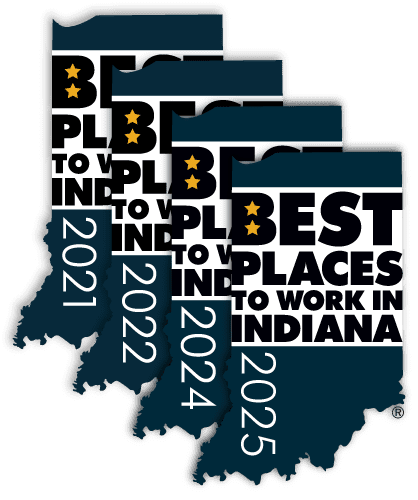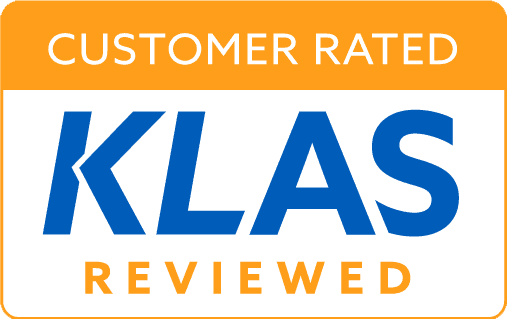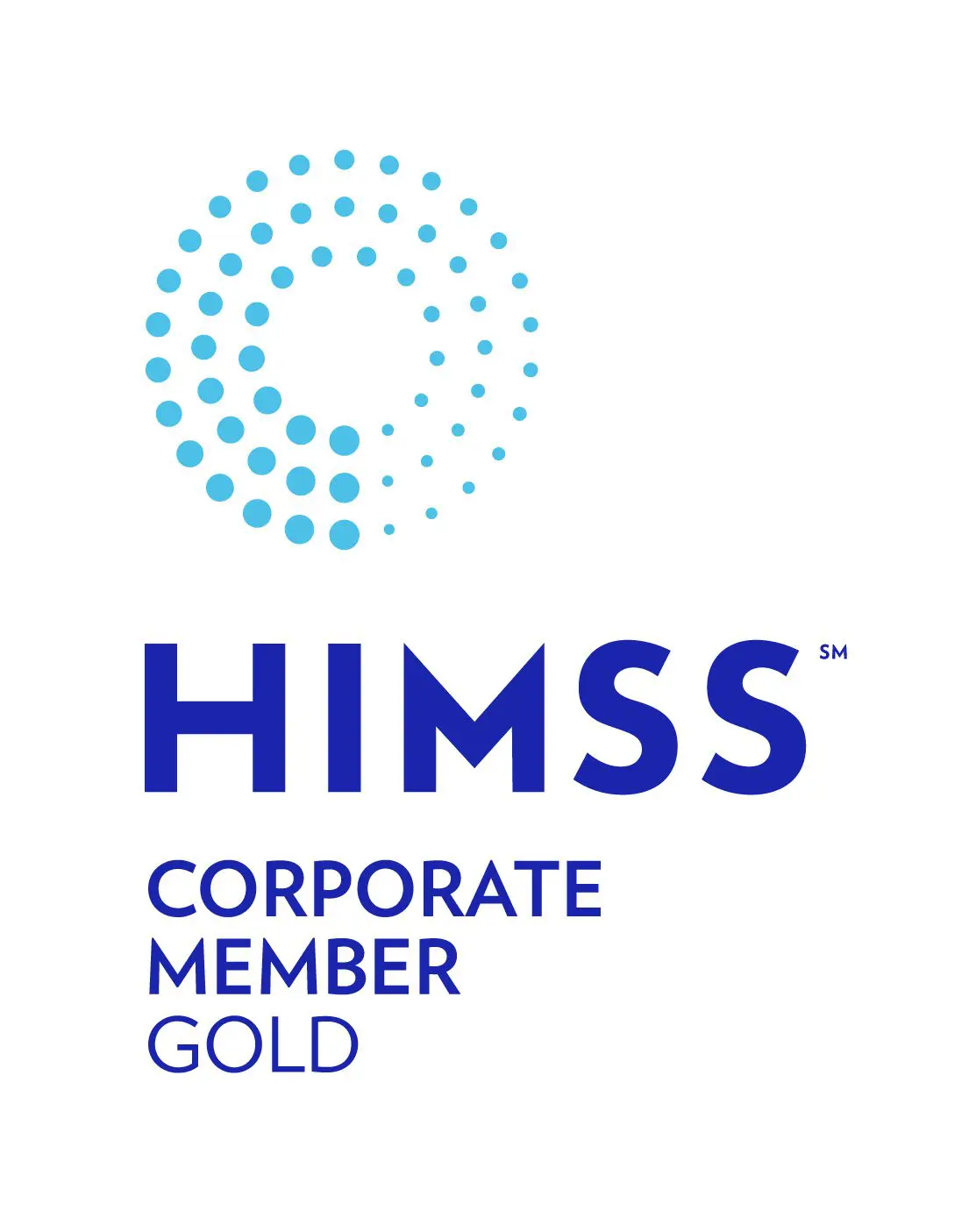
More than half of U.S. adults have reported that worry and stress related to COVID-19 has negatively impacted their health. Interestingly, the front runners of the many initiatives aimed at supporting mental health care efforts have one thing in common: they are all technology based.
Virtual care is here to stay
While the pandemic forced the healthcare industry to shift in many ways, there are some positives in the advancements of telehealth delivery, especially for telemental health services (online therapy sessions).
According to the 2021 Large Employers’ Health Care Strategy and Plan Design Survey, 91% plan to offer telemental health services in 2021, with an anticipated growth to 96% by 2023. Plus, 88% plan to offer access to mental health apps, videos, and articles. And, while about half already provide manager training to identify mental/behavioral health issues, about 18% plan to add this in 2021.
EHRs enhance mental health-related offerings
- Recently, the Epic App Orchard marketplace listed its first mental health platform. This integration allows clinicians to view patient engagement data and clinical measure scores through the application.
- Cerner has updated its behavioral health EHR workflows to help streamline COVID-19 identification and screening. This includes new dashboards to give leaders broad and updated views of key information around hospital capacities and other critical metrics.
- Cerner also is offering a free video platform to rural hospitals that use its CommunityWorks EMR through 2021.
Legacy data management important in protecting and serving-up the complete patient record
Important to healthcare technology success is access to the complete patient record. This longitudinal view is especially important with historical mental health records that can provide critical information to support overall patient care and help deliver better outcomes.
HealthData Archiver® is a secure record-storage solution that seamlessly integrates legacy records into a searchable and easy-to-use format so that important records are at your fingertips anytime you need them. With Single Sign-On capability to the active EMR, clinicians have access to the complete patient record at the point of care, whether that be bedside, in an office, or through a telehealth visit.
Medical record retention laws vary state to state and by condition, spanning 20-30+ years in some cases. Providers of all sizes, and in all locations, need to have a technology game plan that makes medical records — both active and historical — accessible.
Is your behavioral/mental health organization considering implementing a new behavioral health EMR to better manage the increase in mental health visits due to the pandemic? Whether you’re implementing or replacing behavioral health EHRs such as Anasazi, CareLogicEHR, Netsmart, myAvatar™, Credible, Accumedic, DrChrono, InSync Healthcare Solutions, Mindlinc, NextGen, SimplePractice, ThereapyNotes or Valant — you need legacy health data access.
As an award-winning health data management firm ranked #1 in the 2020 Best in KLAS Software & Services Report as a Category Leader in Data Archiving, we can help.






